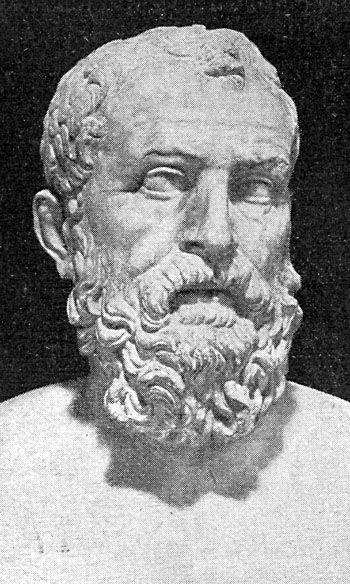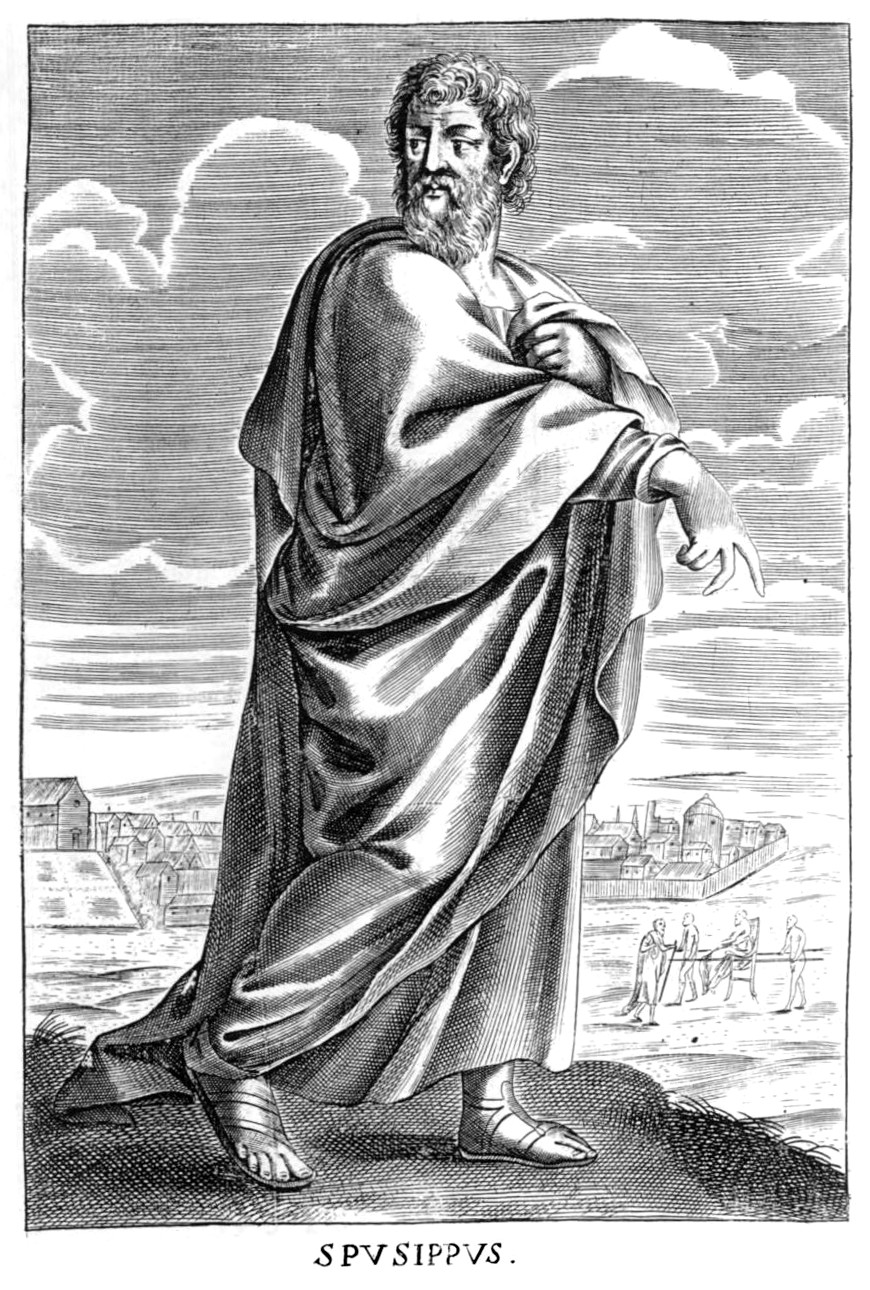|
Plato (spider)
''Plato'' is a genus of ray spider (family Theridiosomatidae). The American biologist Jonathan A. Coddington named and circumscription (taxonomy), circumscribed the genus in 1986. It is a Neotropical genus and it is limited to South America. , nine species are recognized. They are found in caves and have a distinctive cubic egg sac. The generic name (biology), generic name comes from the ancient Greek philosopher Plato. Description The head region of the carapace is tan, and not especially elevated. The sternum is also tan, sometimes darker, as wide as long, convex, and rounds towards the rear. The abdomen is light grey or tan, with no clear markings, and bears sparse setae. The legs are long and slender, pale tan in colour without annulations. Although the genus is troglobitic, they have no specific modifications for living in caves or other dark places. The Glossary of spider terms#clypeus, clypeal height is 3x the diameter of the AME. All of the eyes are roughly the same size, ... [...More Info...] [...Related Items...] OR: [Wikipedia] [Google] [Baidu] |
Ray Spider
The ray spiders (Theridiosomatidae) are a family of spiders first described by Eugène Simon in 1881. They are most recognizable for their construction of cone-shaped webs. The family contains several genera which actively hunt for prey by using their webs to slingshot themselves towards prey. Genera , the World Spider Catalog accepts the following genera: *'' Andasta'' Simon, 1895 – Seychelles, Malaysia, Sri Lanka *'' Baalzebub'' Coddington, 1986 – Central America, Brazil, Australia, China *'' Chthonopes'' Wunderlich, 2011 – Laos *'' Chthonos'' Coddington, 1986 – Ecuador, Brazil, Peru *'' Coddingtonia'' Miller, Griswold & Yin, 2009 – Malaysia, Laos *'' Cuacuba'' Prete, Cizauskas & Brescovit, 2018 *'' Epeirotypus'' O. Pickard-Cambridge, 1894 – Mexico, Costa Rica *'' Epilineutes'' Coddington, 1986 – Mexico, Brazil *'' Karstia'' Chen, 2010 – China *'' Menglunia'' Zhao & Li, 2012 – China *'' Naatlo'' Coddington, 1986 – Central America, South America, Trinidad and ... [...More Info...] [...Related Items...] OR: [Wikipedia] [Google] [Baidu] |
Parauapebas
Parauapebas is a municipality in the state of Pará in the Northern region of Brazil. Geography To the north is the municipality of Marabá; to the east, Curionópolis; to the south-east, Canaã dos Carajás; to the south, Água Azul do Norte; to the south-west, Ourilândia do Norte, and to the west, São Félix do Xingu. The municipality contains part of the Tapirapé-Aquiri National Forest, a sustainable use conservation unit created in 1989. It contains 68.9% of the Carajás National Forest, a sustainable use conservation unit created in 1998 that includes mining operations in a huge deposit of high-grade iron ore. Carajás Mine is located in the boundaries of the municipality. Transport There are direct road connections with Marabá to the north-east, Curionópolis to the east, and Canaã dos Carajás to the south. One of Brazil's only inter-city rail services (Carajás Railway) is operated by rail freight operator Vale and links São Luís with Parauapeba ... [...More Info...] [...Related Items...] OR: [Wikipedia] [Google] [Baidu] |
Tineid Moth
Tineidae is a family of moths in the order Lepidoptera described by Pierre André Latreille in 1810. Collectively, they are known as fungus moths or tineid moths. The family contains considerably more than 3,000 species in more than 300 genera. Most of the tineid moths are small or medium-sized, with wings held roofwise over the body when at rest. They are particularly common in the Palaearctic, but many occur elsewhere, and some are found very widely as introduced species. Tineids are unusual among Lepidoptera as the larvae of only a very small number of species feed on living plants, the majority feeding on fungi, lichens, and detritus. The most familiar members of the family are the clothes moths, which have adapted to feeding on stored fabrics and led to their reputation as a household pest. The most widespread of such species are the common clothes moth (''Tineola bisselliella''), the case-bearing clothes moth (''Tinea pellionella''), and the carpet moth (''Trichophaga tape ... [...More Info...] [...Related Items...] OR: [Wikipedia] [Google] [Baidu] |
Plato Striatus
Plato ( ; grc-gre, Πλάτων ; 428/427 or 424/423 – 348/347 BC) was a Greek philosopher born in Athens during the Classical period in Ancient Greece. He founded the Platonist school of thought and the Academy, the first institution of higher learning on the European continent. Along with his teacher, Socrates, and his student, Aristotle, Plato is a central figure in the history of Ancient Greek philosophy and the Western and Middle Eastern philosophies descended from it. He has also shaped religion and spirituality. The so-called neoplatonism of his interpreter Plotinus greatly influenced both Christianity (through Church Fathers such as Augustine) and Islamic philosophy (through e.g. Al-Farabi). In modern times, Friedrich Nietzsche diagnosed Western culture as growing in the shadow of Plato (famously calling Christianity "Platonism for the masses"), while Alfred North Whitehead famously said: "the safest general characterization of the European philosophical traditio ... [...More Info...] [...Related Items...] OR: [Wikipedia] [Google] [Baidu] |
Plato Novalima
Plato ( ; grc-gre, Πλάτων ; 428/427 or 424/423 – 348/347 BC) was a Greek philosopher born in Athens during the Classical period in Ancient Greece. He founded the Platonist school of thought and the Academy, the first institution of higher learning on the European continent. Along with his teacher, Socrates, and his student, Aristotle, Plato is a central figure in the history of Ancient Greek philosophy and the Western and Middle Eastern philosophies descended from it. He has also shaped religion and spirituality. The so-called neoplatonism of his interpreter Plotinus greatly influenced both Christianity (through Church Fathers such as Augustine) and Islamic philosophy (through e.g. Al-Farabi). In modern times, Friedrich Nietzsche diagnosed Western culture as growing in the shadow of Plato (famously calling Christianity "Platonism for the masses"), while Alfred North Whitehead famously said: "the safest general characterization of the European philosophical traditio ... [...More Info...] [...Related Items...] OR: [Wikipedia] [Google] [Baidu] |
Plato Miranda
Plato ( ; grc-gre, Πλάτων ; 428/427 or 424/423 – 348/347 BC) was a Greek philosopher born in Athens during the Classical period in Ancient Greece. He founded the Platonist school of thought and the Academy, the first institution of higher learning on the European continent. Along with his teacher, Socrates, and his student, Aristotle, Plato is a central figure in the history of Ancient Greek philosophy and the Western and Middle Eastern philosophies descended from it. He has also shaped religion and spirituality. The so-called neoplatonism of his interpreter Plotinus greatly influenced both Christianity (through Church Fathers such as Augustine) and Islamic philosophy (through e.g. Al-Farabi). In modern times, Friedrich Nietzsche diagnosed Western culture as growing in the shadow of Plato (famously calling Christianity "Platonism for the masses"), while Alfred North Whitehead famously said: "the safest general characterization of the European philosophical traditio ... [...More Info...] [...Related Items...] OR: [Wikipedia] [Google] [Baidu] |
Plato Juberthiei
Plato ( ; grc-gre, Πλάτων ; 428/427 or 424/423 – 348/347 BC) was a Greek philosopher born in Athens during the Classical period in Ancient Greece. He founded the Platonist school of thought and the Academy, the first institution of higher learning on the European continent. Along with his teacher, Socrates, and his student, Aristotle, Plato is a central figure in the history of Ancient Greek philosophy and the Western and Middle Eastern philosophies descended from it. He has also shaped religion and spirituality. The so-called neoplatonism of his interpreter Plotinus greatly influenced both Christianity (through Church Fathers such as Augustine) and Islamic philosophy (through e.g. Al-Farabi). In modern times, Friedrich Nietzsche diagnosed Western culture as growing in the shadow of Plato (famously calling Christianity "Platonism for the masses"), while Alfred North Whitehead famously said: "the safest general characterization of the European philosophical traditio ... [...More Info...] [...Related Items...] OR: [Wikipedia] [Google] [Baidu] |
Plato Guacharo
Plato ( ; grc-gre, Πλάτων ; 428/427 or 424/423 – 348/347 BC) was a Greek philosopher born in Athens during the Classical period in Ancient Greece. He founded the Platonist school of thought and the Academy, the first institution of higher learning on the European continent. Along with his teacher, Socrates, and his student, Aristotle, Plato is a central figure in the history of Ancient Greek philosophy and the Western and Middle Eastern philosophies descended from it. He has also shaped religion and spirituality. The so-called neoplatonism of his interpreter Plotinus greatly influenced both Christianity (through Church Fathers such as Augustine) and Islamic philosophy (through e.g. Al-Farabi). In modern times, Friedrich Nietzsche diagnosed Western culture as growing in the shadow of Plato (famously calling Christianity "Platonism for the masses"), while Alfred North Whitehead famously said: "the safest general characterization of the European philosophical tra ... [...More Info...] [...Related Items...] OR: [Wikipedia] [Google] [Baidu] |
Plato Ferriferus
Plato ( ; grc-gre, Πλάτων ; 428/427 or 424/423 – 348/347 BC) was a Greek philosopher born in Athens during the Classical period in Ancient Greece. He founded the Platonist school of thought and the Academy, the first institution of higher learning on the European continent. Along with his teacher, Socrates, and his student, Aristotle, Plato is a central figure in the history of Ancient Greek philosophy and the Western and Middle Eastern philosophies descended from it. He has also shaped religion and spirituality. The so-called neoplatonism of his interpreter Plotinus greatly influenced both Christianity (through Church Fathers such as Augustine) and Islamic philosophy (through e.g. Al-Farabi). In modern times, Friedrich Nietzsche diagnosed Western culture as growing in the shadow of Plato (famously calling Christianity "Platonism for the masses"), while Alfred North Whitehead famously said: "the safest general characterization of the European philosophical traditio ... [...More Info...] [...Related Items...] OR: [Wikipedia] [Google] [Baidu] |
Willis J
Willis may refer to: Places United States * Willis, Florida, an unincorporated community * Willis, Indiana, an unincorporated community * Willis, Kansas, a city * Willis, Michigan, an unincorporated community * Willis, Nebraska, an unincorporated community * Willis, Oklahoma, an unincorporated community * Willis, Texas, a city * Willis, Floyd County, Virginia, an unincorporated community * Willis, Russell County, Virginia, an unincorporated community * Willis River, a tributary of the James River in Virginia Elsewhere * Willis, Grenada, a town * Willis Island, Coral Sea Islands Territory, Australia * Willis Islands, South Georgia Islands Arts and entertainment Works * ''Giselle'' or ''The Willis'', a ballet (in the ballet, the Willis are a group of supernatural women) * ''Le Villi'' (''The Willis'' or ''The Fairies''), an opera-ballet composed by Giacomo Puccini * ''Willis'' (album), by The Pietasters Fictional characters * Willis Jackson (character), in the 1970s-1980s Am ... [...More Info...] [...Related Items...] OR: [Wikipedia] [Google] [Baidu] |
Plato Bruneti
Plato ( ; grc-gre, Πλάτων ; 428/427 or 424/423 – 348/347 BC) was a Greek philosopher born in Athens during the Classical period in Ancient Greece. He founded the Platonist school of thought and the Academy, the first institution of higher learning on the European continent. Along with his teacher, Socrates, and his student, Aristotle, Plato is a central figure in the history of Ancient Greek philosophy and the Western and Middle Eastern philosophies descended from it. He has also shaped religion and spirituality. The so-called neoplatonism of his interpreter Plotinus greatly influenced both Christianity (through Church Fathers such as Augustine) and Islamic philosophy (through e.g. Al-Farabi). In modern times, Friedrich Nietzsche diagnosed Western culture as growing in the shadow of Plato (famously calling Christianity "Platonism for the masses"), while Alfred North Whitehead famously said: "the safest general characterization of the European philosophical traditio ... [...More Info...] [...Related Items...] OR: [Wikipedia] [Google] [Baidu] |




_(14767984254).jpg)